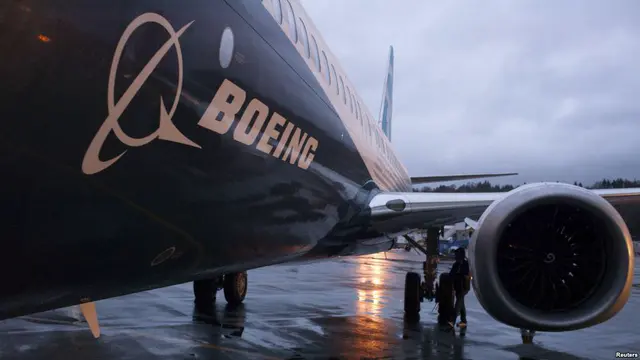By APD Writer Easwaran
COLOMBO, Aug. 31 (APD) -- Indian Ocean leaders on Thursday asserted the important role their countries are playing in the world, as they met at the second Indian Ocean Conference in Sri Lanka.
Sri Lanka's Prime Minister Ranil Wickremesinghe told the delegates that the Indian Ocean is well poised to play a significant role in determining the future of the world.
“We are meeting at a time when global and financial economic power shifts point toward Asia. The global economic power rebalance - away from the established advanced economies in North America and Europe, will continue well into the latter part of the century. Economic dominance, technology and military might, the basis of political power in the West has eroded to a significant extent by the extraordinary economic development of Asia in the last 50 years,” he said.
He said that in practical terms, some countries in Asia have already taken over from the advanced Western countries in purchasing power parity.
“Despite projected slowdown, it is predicted that the Chinese economy will supersede the US economy by 2028. India has shown great potential to become the second largest economy in the world in terms of Purchasing Power Parity by 2050. Indonesia and Malaysia are also predicted to achieve remarkable rates in economic growth and to have great potential to overtake some of the western countries in the Purchasing Power Parity by 2030,” he said.
The Prime Minister also played down fears that a port in the south of the country will be used for military purposes by a foreign country.
“Let me refer to Sri Lanka’s decision to develop its major sea ports, especially the Hambantota port which some claim to be a military base. I state clearly that Sri Lanka’s government headed by President Maithripala Sirisena does not enter into military alliances with any country or make our bases available to foreign countries,” he said.
Indian External Affairs Minister Sushma Swaraj said the Indian Ocean is prone to non-traditional security threats like piracy, smuggling, maritime terrorism, illegal fishing, and trafficking of humans and narcotics.
“We realize that to effectively combat transnational security challenges across the Indian Ocean, including those posed by non-state actors, it is important to develop a security architecture that strengthensthe culture of cooperation and collective action. The success of maritime cooperative action against piracy in the Gulf of Aden is an example of the benefits of a cooperative approach which resulted in a dramatic decline in piracy incidents in the region,” she told the delegates.
She says India is prepared to bear its share of responsibility in this regard.
Sri Lanka’s Prime Minister Ranil Wickremesinghe, Vice President of Seychelles Vincent Meriton, Minister of External Affairs of India Sushma Swaraj, Foreign Minister of Singapore Dr. Vivian Balakrishnan, Minister for Commerce of Bangladesh Tofail Ahmed and Parliamentary Vice-Minister for Foreign Affairs of Japan Iwao Horii were the keyparticipants at the conference.
(ASIA PACIFIC DAILY)
 简体中文
简体中文

